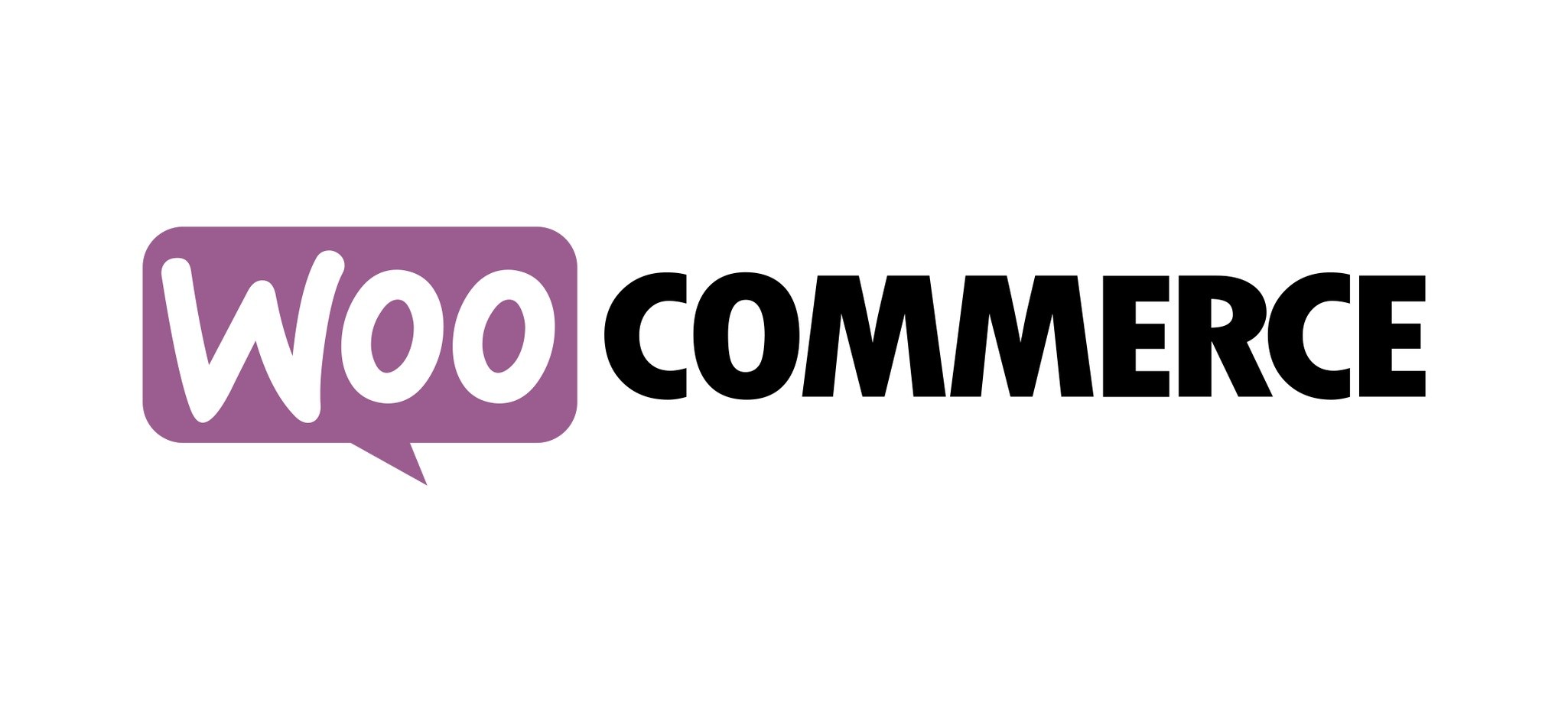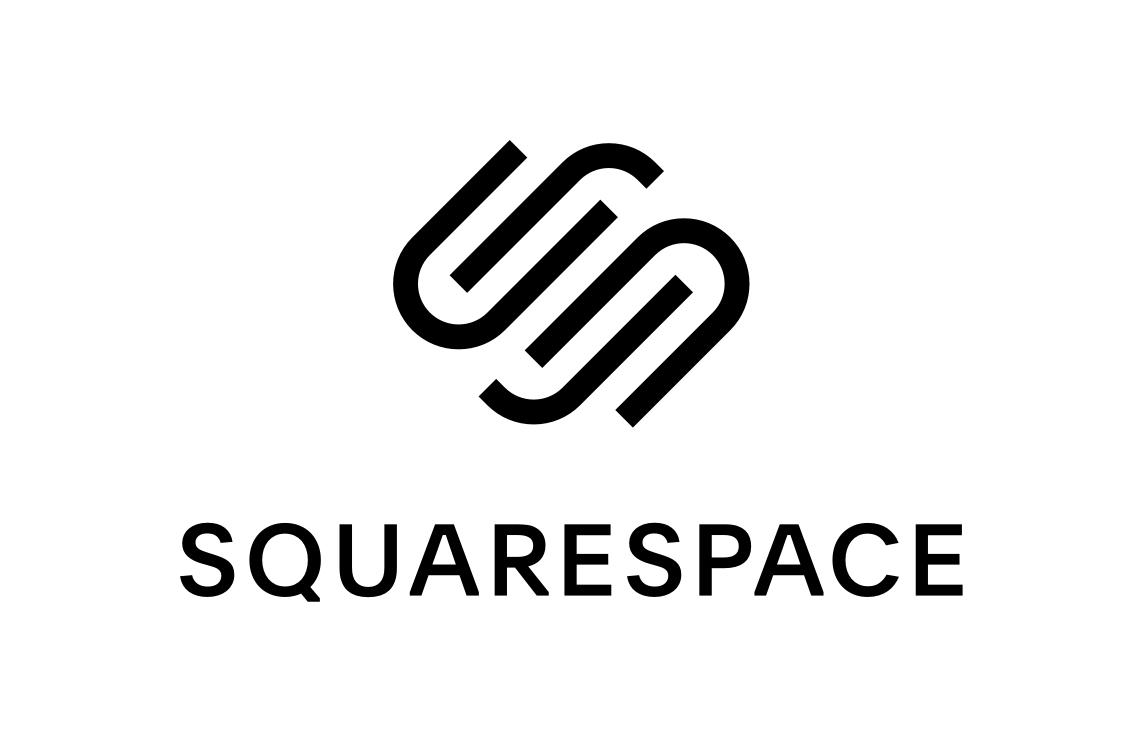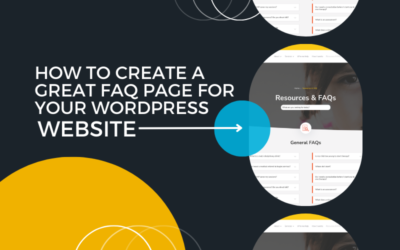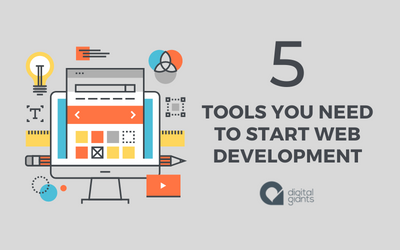If you’re thinking about building a website to sell your products or services, you will need to consider what e-commerce platform you will use to do this and if you plan to build it yourself or hire an e-commerce website developer.
e-Commerce Platforms
An e-commerce platform (or e-commerce software) is a piece of technology that allows retailers to sell their products and services online. If your website is specifically designed to facilitate business transactions, it is considered an e-commerce website, whereas websites that do not sell anything can be considered an informational website. We’ll go through some of the top e-commerce solutions out there right now to build an online store.
WooCommerce is the most widely used platform with a 28% market share. Unlike some of the other platforms with integrated site builders, WooCommerce integrates into WordPress (it’s a free WordPress extension). So you will need to build a WordPress site to use WooCommerce.
Be aware that more advanced e-commerce features such as product filters, abandoned cart recovery, SEO, social media, etc. may require paid WordPress plugins. If you already have a WordPress site and don’t want to start from scratch, WooCommerce may be right for you.
PROS
- Open-source
- Very secure
- Works on top of WordPress
- Unlimited inventory
- Large development community
- Large knowledge base
- Sell Appointments and bookings
- Strong SEO
CONS:
- WordPress experience required
- No support
- Need extensions for many functions
- No web hosting
- Reports of slower performance with more products
EASE OF USE:
- Medium – Hard
PRICE:
- Free, but you most likely will need to hire a developer, purchase a theme or extensions and you need to create (or already have) a WordPress site.
Shopify currently holds about a 20% market share, making it one of the biggest platforms out there alongside WooCommerce. And they are Canadian to boot! They offer two programs, one for small to medium-sized businesses and one for enterprises or high-volume merchants.
With the regular (small to medium-sized) business model, you are able to access 170+ themes to build the site, buy a domain, and add a large selection of apps that integrate with Shopify.
In our research, many people said that the one downfall to Shopify was their Search Engine Optimization (SEO) capabilities because of their rigid URL structure. Shopify also allows you to integrate it into your existing WordPress site. They also operate their own payment gateway: Shopify Payments in which case you do not need to pay transaction fees.
PROS
- Free trial
- Fast page load
- 24/7 free support
- Unlimited products
- One-click selling
- Hosted (Saas) – no hosting or maintenance
CONS:
- Charge transaction fees if not using their own payment gateway
- Not as SEO friendly
- No customization of the checkout process
- Some apps are paid
- Multi-language not standard.
- Uses its own templating language so you may need to hire someone.
EASE OF USE:
- Easy – Medium
PRICE:
- Starting at $29/month
Ecwid
Ecwid allows users to start out with a Free online store and offers various paid models based on the features you want and the size of the store you are running. We should mention that Free only covers 10 products, while their $99 per month plan has unlimited products.
Ecwid can be implemented on other websites including WordPress, Wix, Squarespace and more. They offer storefronts in 45 languages if your business model is global. You must integrate with a third-party payment provider to process transactions.
PROS
- Free
- Works across many platforms like WordPress, Squarespace and Joomla
- One-page website available
- No setup or transaction fees with any plan
- Social media sales channels in paid versions
CONS:
- Limited to 10 products on the paid version
- No support on the free version
- Need to integrate with a payment provider (fees may apply)
- Integration into sites like Joomla and WordPress could require a developer
EASE OF USE:
- Easy – Medium
PRICE:
- Free but Venture packages starting at $15/month, but must consider building a website and adding third-party apps like payment gateways to complete the online store
Magento, powered by Adobe, Some big-name brands trust Magento such as Nike, Helly Hansen and HP. Magento is not your out-of-the-box solution. It requires development skills and is on the pricier end of e-commerce platforms. However, if you are running a larger online store, and want a very customized experience, Magento will deliver.
PROS
- Very customizable and feature-rich
- Strong SEO
- Community-based
- Scaleable
CONS:
- Coding experience required
- Cost for themes
- No free support
- Easily slowed down
EASE OF USE:
- Hard
PRICE:
- Free Community Edition, but requires hiring a developer to build
Get a free 30-minute consultation with us to help you choose which e-commerce platform is right for you
You may know Squarespace for its “quick and easy” website builder technology, but it also has a built-in online store. Squarespace is perfect for those who are not technologically savvy and perhaps want to save money by building an online store themselves. They offer different themes you can customize to your brand (think: colours, fonts, etc.) but is limited in features and being able to customize any code.
PROS
- Automatic inventory management
- Unlimited products
- Shipping calculator included
- Easy to sell services with the built-in appointment calendar
- 24/7 free support
- Free trial
- Free custom domain
- Free themes
CONS:
- Less customization
- Only supports Stripe and Paypal if not using their built-in payment processor
- Limited integration with third-party tools
- No drop-shipping
EASE OF USE:
- Easy
PRICE:
- $26 per month commerce plan
CS-Cart is a little bit different from the other e-commerce platforms we are covering today, as it helps power online marketplaces where multiple vendors are all selling on one website (think: Amazon). They do have B2B and B2C capabilities but focus on the manufacturing and wholesaling markets. You will most likely need a developer to help you set up the software, but the admin dashboard is user-friendly.
PROS
- 30-day refund if not satisfied
- 500 features out of the box
- 9 responsive design themes (marketplace)
- 200+ themes on B2C
- Drag and drop functionality
- Fully customizable
- Expect 3-4 updates per year
CONS:
- 90 days of free technical support, after that you pay
- Development skills needed.
EASE OF USE:
- Medium – Hard
PRICE:
-
15 Day Free Trial. One-time purchase price starting at $1,450 for marketplace, $385 for B2C and $2,450 for B2B
Things you should consider when choosing an e-commerce platform
How tech-savvy are you?
If you aren’t very tech-savvy, you should choose a platform that is relatively easy to use and maintain.
Customer Support?
Again, if you aren’t very tech-savvy, you would want to make sure that the platform offers free 24/7 support so you can get in touch with them at any time.
Cost?
How much money are you willing to invest to build your store? Are you building it yourself or are you hiring a developer? What are the monthly/yearly costs?
Unlimited products?
Do you have a lot of products to sell? Make sure the platform offers you unlimited products.
Themes?
Not feeling creative? How many free templates or themes does the platform offer? How much customization is available?
Transaction fees?
What will it cost each time someone makes a purchase from your online store?
Ready to start selling online? Contact Digital Giants for an easy, stress-free journey to a new website.










